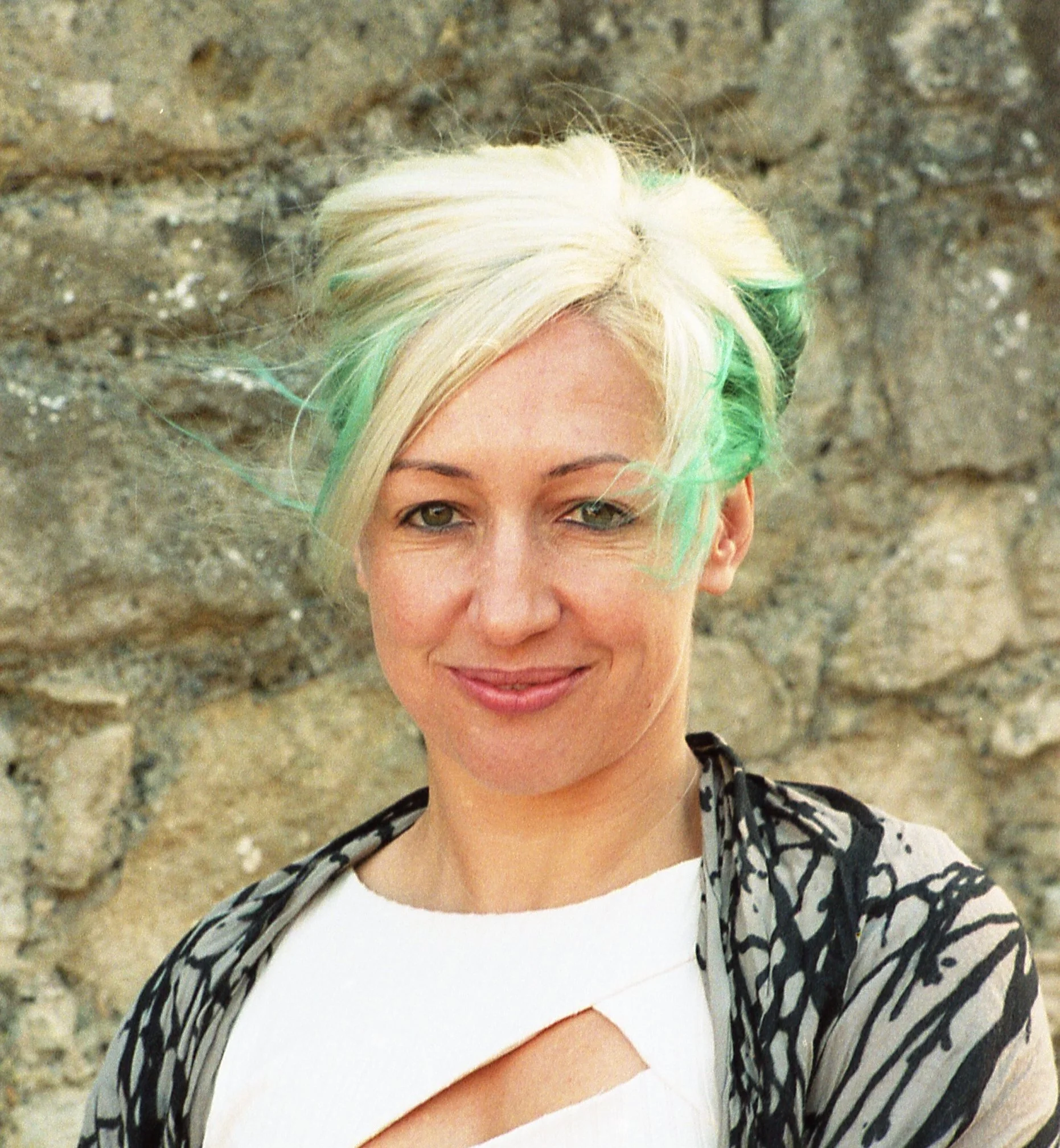Emily-Troscianko-outdoors
D.Phil (Oxford, 2010)
Fields/affiliations
Lit and Mind
Cognitive Literary Studies
Empirical Literary Studies
Health Humanities
Consciousness Studies
Research interests
Modernism
Franz Kafka
Bibliotherapy
Eating Disorders
Dynamical Systems Theory
Memetics
EMILY TROSCIANKO
VISITING SCHOLAR
EMILYTROSCIANKO@ucsb.edu
Dr Troscianko is a visiting scholar with the Literature and Mind research center and the Trauma-Informed Pedagogy project. She is also affiliated with The Oxford Research Centre in the Humanities (TORCH) and Pembroke College, Oxford. Following a BA in Modern Languages (French and German), her research moved into the field of cognitive literary studies, with a PhD and monograph on Kafka’s Cognitive Realism (Routledge, 2014), before beginning to join the dots between cognitive literary science and the health humanities.
Emily’s primary research strand investigates how minds and texts interact in the context of illness. Her work draws on a range of empirical methods bridging the quantitative/qualitative divide: Projects so far include a large-scale survey study, a reading-group intervention, and controlled experiments involving participants reading books in their entirety. With a current focus on eating disorders, the texts under investigation in recent experimental studies have included young adult sports fiction with or without a tailored reading guide (Riestra-Camacho, Carney, & Troscianko, 2023) and a recovery memoir versus a book about Zen meditation (Troscianko, Riestra-Camacho, & Carney, under review 2024).
Emily is fortunate to work with talented and generous researchers internationally, including long-term collaborations with James Carney and Rocío Riestra-Camacho. In her time at UCSB—working most closely with Sowon Park, Julie Carlson, and Aili Pettersson Peeker—her research focus is on the concept and goal of full recovery, in eating disorders and beyond. The project centers on the creation of a full recovery narrative database as an online home for eating-disorder recovery stories, aiming both to give such stories more global salience and to provide a resource for analysis via close reading and computational methods. These data will be complemented with inquiry into the origins of the remission model of (mental) illness, the behavioural science of goal-setting, and other factors contributing to the processes of aiming for and achieving full recovery.
Beyond the academic world, Emily is a coach—offering recovery coaching to individuals with eating disorders as well as work/life coaching to students, researchers, and faculty—and a writer: co-authoring a consciousness textbook, blogging for Psychology Today, and dabbling in children’s fiction.
